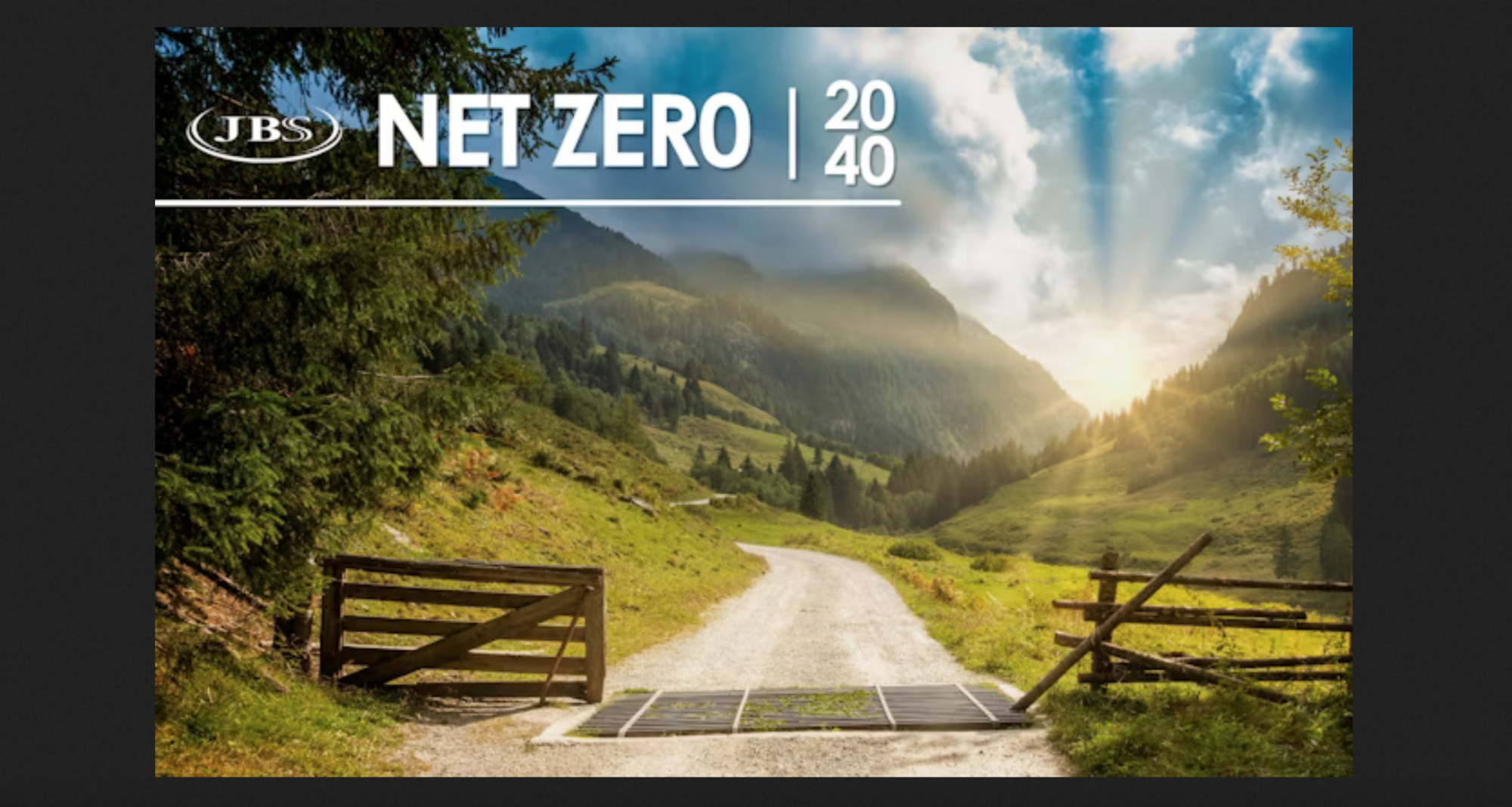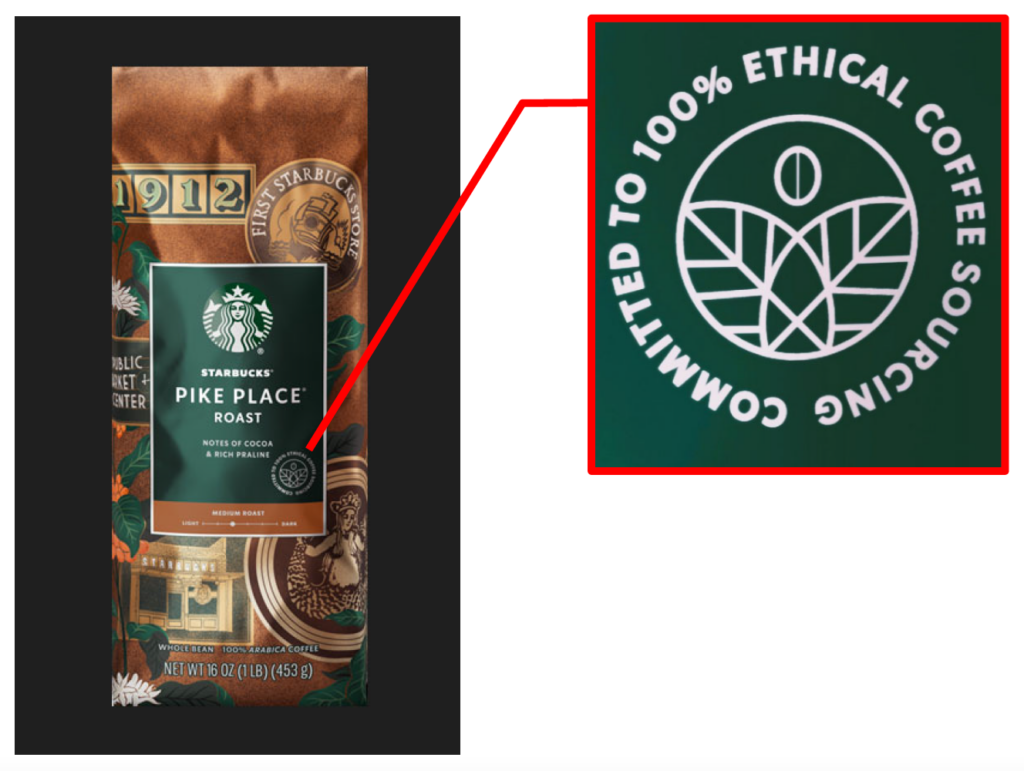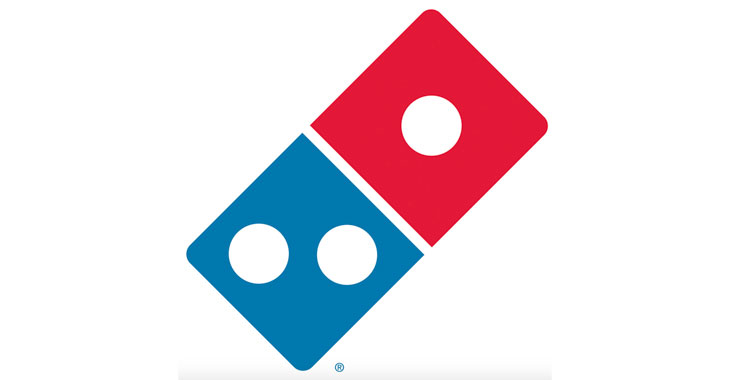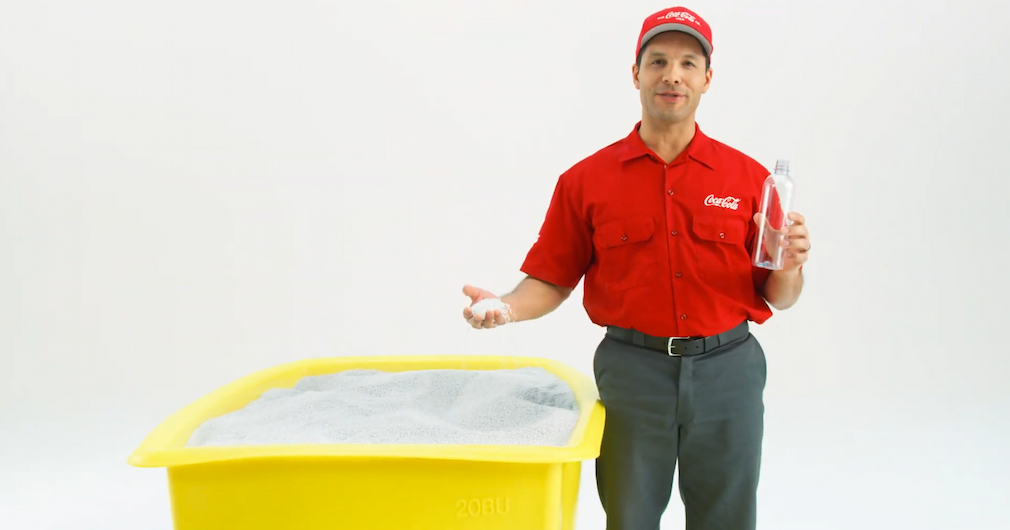
JBS: ‘Net Zero by 2040’
Regulators have a beef with company’s climate pledge.
Lawsuit tells a different story about the treatment of workers on Starbucks' source farms.

In 2004, Starbucks launched its Coffee and Farmer Equity (C.A.F.E.) Practices verification program, which the company describes as the “cornerstone of our ethical sourcing approach to buying coffee.”
According to Starbucks, the program measures farms against economic, social and environmental criteria and consists of more than 200 “indicators,” including protecting workers’ rights. It has benefited both the company and coffee farmers, Starbucks claims on its website.
C.A.F.E. Practices has helped Starbucks create a long-term supply of high-quality coffee and positively impact the lives and livelihoods of coffee farmers and their communities.
And on every bag of coffee and box of K-Cups sitting on grocery store shelves, Starbucks further drives home this message, prominently displaying that it is “Committed to 100% Ethical Coffee Sourcing,” according to a lawsuit challenging the coffee giant’s ethically sourced claims.
The lawsuit, filed last week by the nonprofit National Consumers League, tells a different story about the treatment of workers on Starbucks’ source farms than the one being told in the company’s marketing.
Contrary to Starbucks’ ethical sourcing representations, governmental investigators and journalists have reportedly uncovered egregious forms of worker exploitation occurring on farms supplying to Starbucks and/or “certified” by Starbucks as ethical.
This includes farms that supply the company’s tea, according to the lawsuit, despite Starbucks’ claims that it is similarly “focused on improving the livelihoods of tea workers, smallholder farmers and their communities, and the environment in which tea is produced” and that it “sources tea from third-party certified farms.” The complaint also alleges that Starbucks’ tea products are deceptively marketed as “100% ethically sourced.”
The lawsuit, which notes consumer demand for ethically sourced products, cites investigations by government agencies and news organizations that reportedly found abusive and unsafe working conditions on Starbucks’ source farms in Brazil, Kenya and Guatemala.
The National Consumers League is seeking, among other things, an order prohibiting Starbucks from engaging in further deceptive advertising and requiring the company to run a corrective advertising campaign, as well as monetary damages.
In response to a request for comment, a Starbucks spokesperson said in a statement, “We are aware of the lawsuit, and plan to aggressively defend against the asserted claims that Starbucks has misrepresented its ethical sourcing commitments to customers.”
We take allegations like these extremely seriously and are actively engaged with farms to ensure they adhere to our standards. Each supply chain is required to undergo reverification regularly and we remain committed to working with our business partners to meet the expectations detailed in our Global Human Rights Statement.
Find more of our coverage on ethically sourced claims here.
Our Ad Alerts are not just about false and deceptive marketing issues, but may also be about ads that, although not necessarily deceptive, should be viewed with caution. Ad Alerts can also be about single issues and may not include a comprehensive list of all marketing issues relating to the brand discussed.
Regulators have a beef with company’s climate pledge.
Why you may find it hard to “do your slice.”
Inquiry finds trade group overstates environmental benefits of recycling program.

